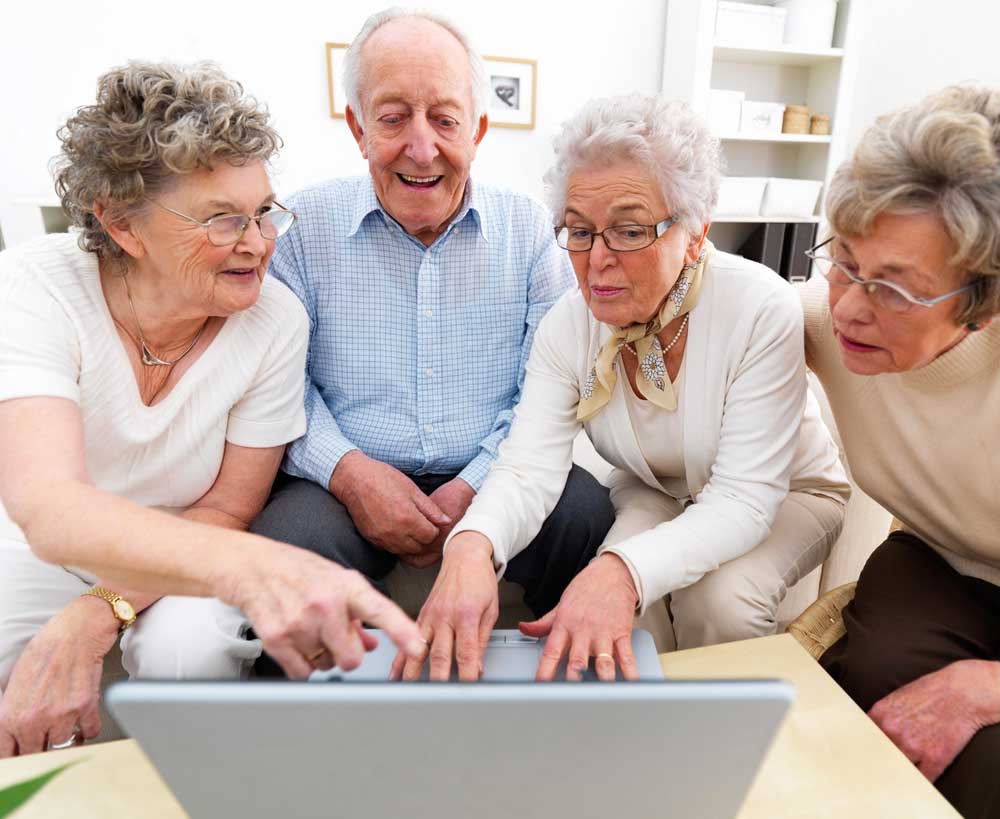Why use of Technology
Technology can provide an opportunity to enhance the elderly to remain independent and active in all aspects of social life. The independent and autonomous living, in modern times, is highly associated with the use of PCs or smartphones, because via the internet they have the potential to meet a large number of their needs or to plan their own free time. In this way, an active older person can improve the level of life and enhance mental and social rehabilitation. Making use of the opportunities offered by new technology, the elders will be able for example, to order food and other goods online, use web banking, making electronic transactions, have access to government websites, book tickets, being familiar with the use of tele-medicine and tele-assistance, communicate with friends and or their families by e- mail or other social networks especially when they are in other cities or other countries. In other words making their lives more independent and better. Desirably, professional caregivers and volunteers who come in contact with elders could also be able to support them by making use of new opportunities offered by the new technology. Despite this very important aspect of the use of technology, there is a lack of corresponding educational programs.









